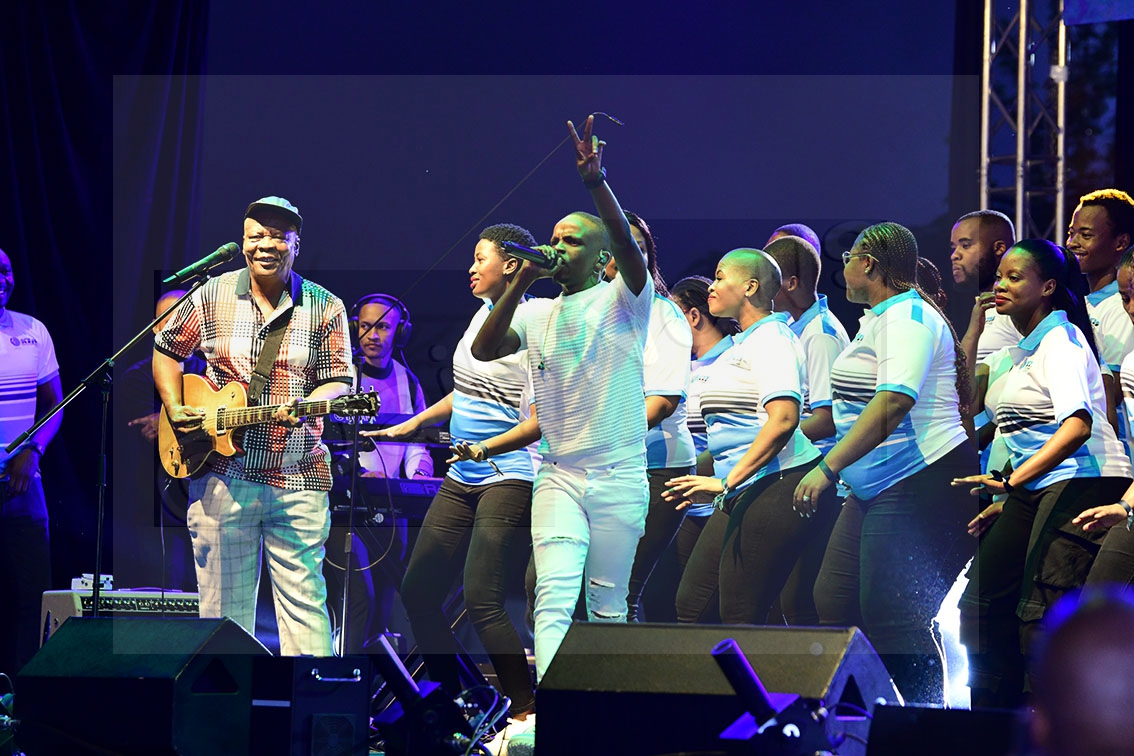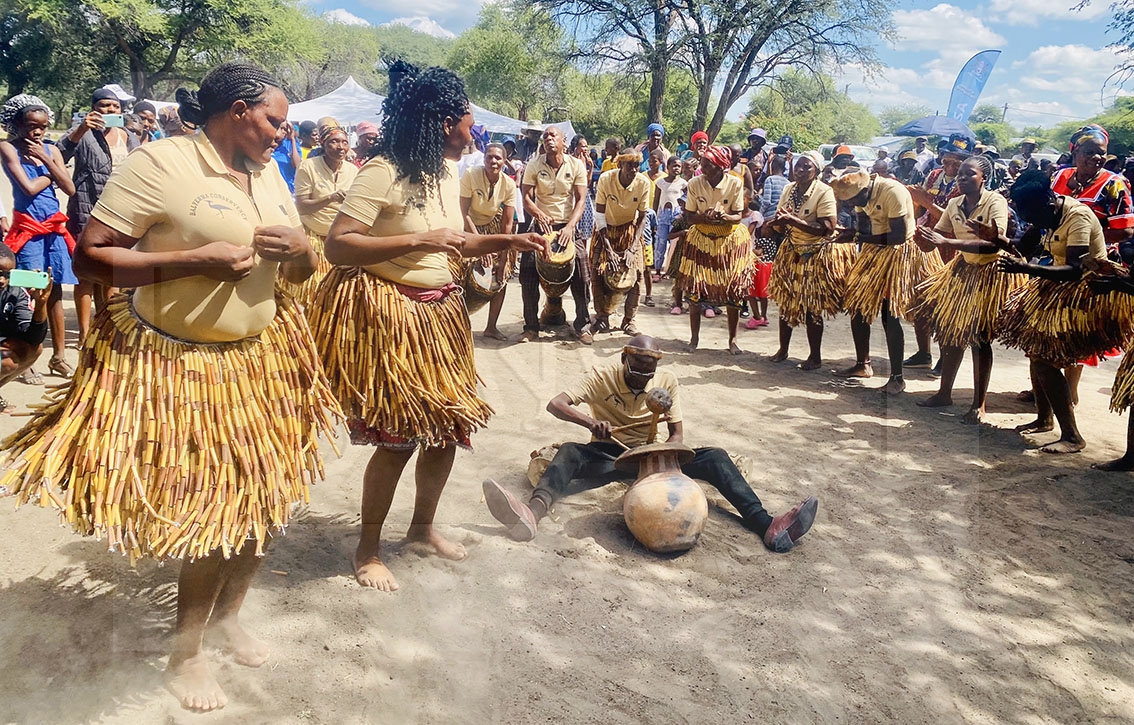All music users must pay royalties
26 Aug 2019
Copyrights Society of Botswana (COSBOTS) is faced with a number of challenges citing that the last distribution was in 2018 due to defaults on the side of users.
In an interview, COSBOTS communications manager, Seeletso Lekgaba said as a result the ornganisation had taken some of the defaulters to court for not adhering to the agreement and that some of the defaulters had appealed their cases and lost.
She said the other challenge was in the maximum collection of royalties by COSBOTS because some artists or members had not registered some of their albums with the society.
Lekgaba, therefore, appealed to all artists to register their songs and albums with COSBOTS the moment they release them or before they give them to any promoters.
“Each and every work must be registered with COSBOTS for purposes of royalty payment and authentication,” she added.
She explained that there was no price for any song emphasising that payments were not just based on the number of airplay the music received but what had been collected was shared equally amongst the membership.
“Artists are given equal treatment and the monies collected is distributed equally amongst artists regardless of which song received the highest airplay by various radio stations,” she added.
She said COSBOTS does not have any source of income saying the organisation only received a starter-up from the government when it was formed.
She admitted that a certain percentage of the royalties was used to run the organisation because COSBOST was a non-profit making entity, while the rest goes to the artistes.
Meanwhile, one of the affected artists, Teedzani Ntogwa of Bana be Bana Ba Ntogwa Kalanga traditional group said her group became a member in 2013, and never collected their dues until 2015 which was P1 200.
She said the group was being owed close to P10 000 and that COSBOTS never gave them satisfactory answers when they wanted their dues.
Ntogwa was suspicious that COSBOTS might be using their royalty payments to cover its administration costs.
Thapelo Maleka, aka MC Maswe of Mpaxanga music in Botswana, said there was a time when he received P11 500 which was the money for two years.
He said since then he had been receiving monies in the range of P2 000 and P3 000 and that recently he received P5 000.
He said most of the money goes to international royalties because most of the local radio station preferred to play international music than local music.
“As somebody who has been in the music industry for 25 years, our contention is that local radio stations should play 60 per cent of the local music,” he added.
He said there were three private radio stations in Botswana that do not pay royalties.
MC Maswe appreciated what COSBOTS was doing to collect royalties on behalf of artists but he was of the view that a lot needed to be done to empower the locals.
In addition, he said COSBOTS does not have power over defaulting radio stations that fell under Botswana Communications Regulatory Authority (BOCCRA).
Another Hip Hop artist, Ofentse Mathambo said he registered with COSBOTS in 2017 and released an album which was consistently played on RB 1 but he had never received his royalties.
He said COSBOTS phoned him in April last year and promised to pay but to no avail. “Since then I never received a call from COSBOTS,” he said.
Acapella Group team leader and producer, Bonny Macheke expressed similar sentiments on how COSBOST was conducting its business. He explained that his group joined COSBOTS in 2017 with the hope that they would receive their royalties every six months but to no avail.
“Our songs are played in all the radio stations but we have not been paid royalties,” he added.
Macheke said sometimes last year, they were told by COSBOTS that the delays in the payment of royalties were caused by the change of the board but such a delay was never explained fully.
COSBOTS members beneficiaries continue to collect their royalties for up to 50 years after the death of a member.
Lekgaba said the royalty payments could only be put on hold until the copyright board has established who the royalty should be paid to.
She cited that COSBOTS was still paying musical royalties to the family of the late Ratsie Sethako who died about 43 years ago.
“We will not be able to collect their royalties until a successor member is appointed, after which we will continue to collect royalties for the duration of 50 years,” she added.
However, Lekgaba said the Copyright Act demands that event promoters such as Disc Jokers, entertainers, restaurants and bars playing music, picnics, night clubs and government entities in celebrations must pay music royalties. Ends
Source : BOPA
Author : Thamani Shabani
Location : Francistown
Event : Interview
Date : 26 Aug 2019







